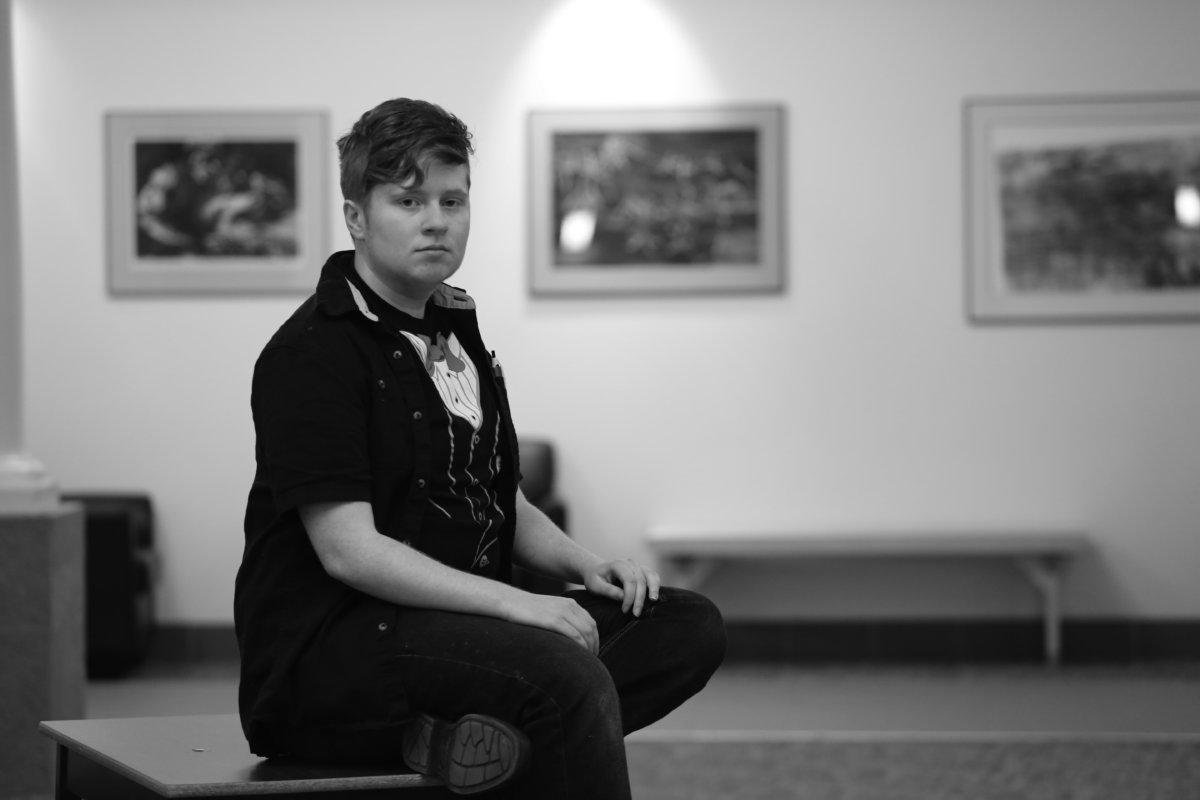
I’m scared of talking about my experience with suicide. My closest friends and family have never even heard an account as detailed as you are reading. I’m scared it makes me a bad person. Crazy or incapable. Like I have to depend on other people to keep me sane. But no matter how much I try to hide it, it happened to me. It’s part of me.
Our culture creates such flattering caricatures for the survivors of terminal illnesses. They are adorned with labels such as “heroic” and “brave.” Even when these labels hide the ugly truth of survival, they still empower people to seek support, community and an identity that exists in harmony with their past.
Where is that power for the survivors of suicide? Where is our freedom to find peace with what happened to us? We are muzzled by fear of the panic our stories inspire. Admitting to an encounter with suicide means leaving yourself vulnerable to never again being seen as an independent adult. You are irreparable. Unstable. Hopeless.
I vividly remember the day I thought I was going to kill myself. It was January 28, 2015. I was in the second semester of my first year. I lived in room 249. I went to my first class of the day at 11 a.m. – half an hour late. I didn’t get called out for being late. The professor had come to expect it.
I remember the feeling of dread that came over me as the class discussed the lecture material. Images of my own death flooded my mind, clearly as if they were memories. I imagined in graphic detail how it would feel to be struck to death by a car. Imagined standing at the bus stop and counting down. One, two, three.
I tried to force the thoughts from my head, to focus on the lecture material, but I couldn’t. I felt like I had lost complete control of my will. Thoughts of suicide overwhelmed and consumed me. What I wanted didn’t matter. I was going to die.
But I survived. I got through the day. As I walked aimlessly around campus silently screaming for help, members of Student Services came to my rescue. They came up with a plan to keep me safe. They sent a resident advisor to check on me that evening. He asked me all the textbook questions; “Do you have a mental illness? Are you on medication? Do you want to kill yourself? Why do you want to die?”
Why do you want to die? It was months before the echo of him asking this question faded from my daily life. The truth was I didn’t want to die. I didn’t understand why this was happening to me. I was just so afraid of living that my body had taken control and decided to run into the arms of death.
The R.A. made me pinky promise to go talk to him if I ever felt like killing or hurting myself. And I kept that promise. I was determined to keep it. Every time the part of me that wanted to die started whispering in my ear, I would reply, “Go ahead and do it, but you have to tell your R.A. first.”
Of course I never got around to telling him. So I never got around to hurting myself either. As childish as it may be to put so much weight on a pinky promise, the thought of how disappointed he would be if I hurt myself without telling him first, singlehandedly kept my suicidal thoughts at bay for months.
Eventually, the part of me that wanted to die got tired of arguing with the part of me that was determined to live and gave up. I haven’t had a single suicidal thought since last May.
Without the people who intervened on January 28, 2015, nothing would have been the same. Sure, the sun would still shine. Donald Trump probably would still be running for President. But I never would have experienced any of it.
Every conversation, every emotion and every moment I have experienced since January 28, 2015, has been thanks to the people who intervened. And that includes myself.
The suicidal are not helpless. We are fighters. We are desperate to live when every fibre in our body is telling us to die. We take fistfuls of nothingness to hold ourselves back from going over the edge. All we need is something to hold on to. All we need is somebody there to throw us a lifeline.
But what of life after suicide? Where are the flowers and the congratulations cards for my family and me? I have struggled with a disease that almost took my life and I made it. I won. Simple as that. When will they see that I am not damned to be a broken child for the rest of eternity? When will they see I am capable of fighting some of the most terrible battles and winning? When will they see this has happened in my past but it does not define me? When will I be a survivor?

